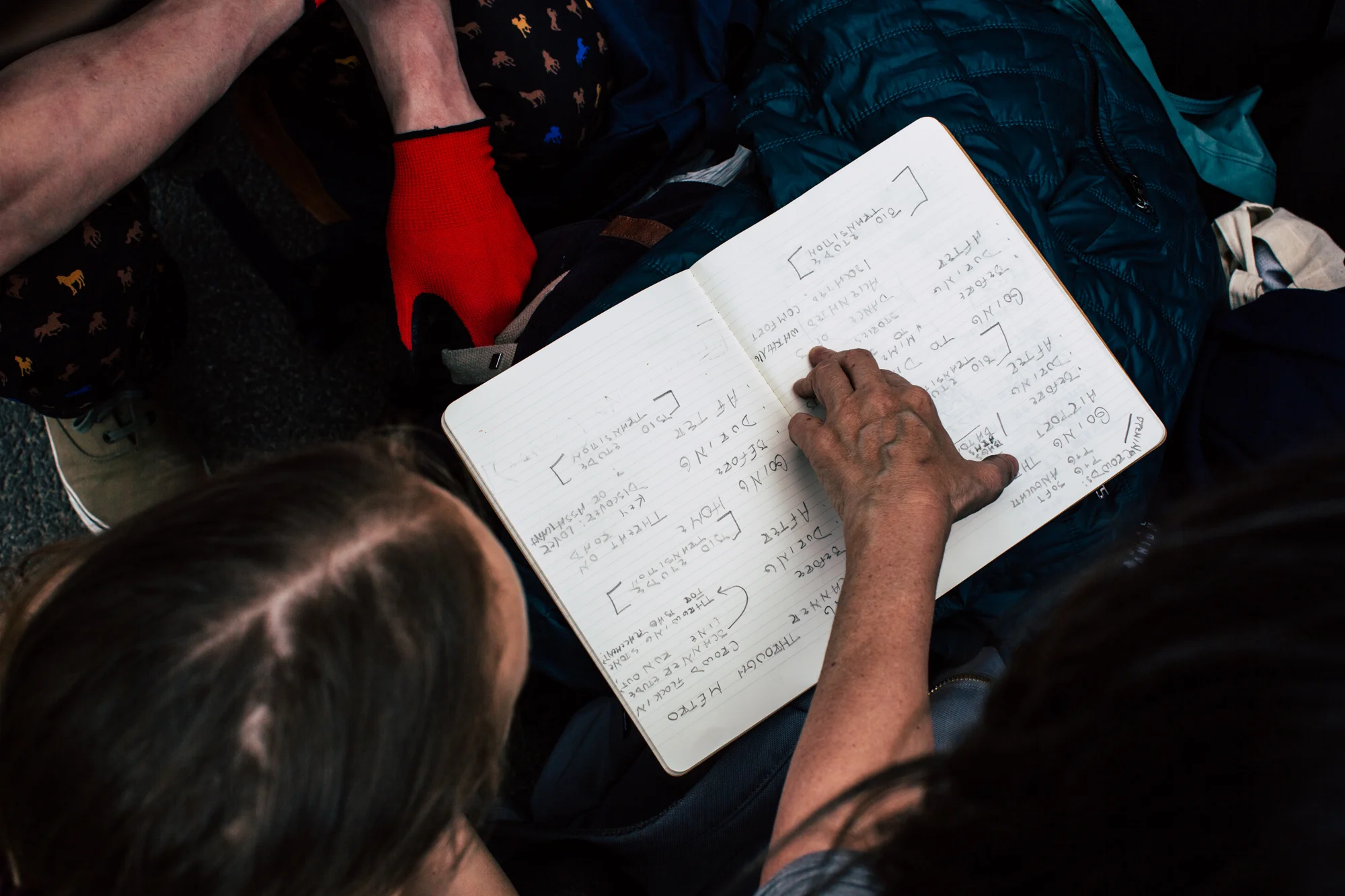A specialist in collaboratively devised transdisciplinary theatre, New Media, Russian Silver Age aesthetics (including Meyerhold’s biomechanics), and Russian and American approaches to psychological realism, Kathryn Mederos Syssoyeva has directed, choreographed, and performed in the US, France, and Russia. Her work has been seen in Saint Petersburg, Russia at New Holland Island Pavilion; in Poland at the 2021 Sopot Festival; in the San Francisco Bay Area at Circus Center, the San Francisco Fringe Festival, Bindelstiff Studios, Thick House, Galería de la Raza, Off-Market Theater, City Solo, and Franconia Performance Salon; in New York at Cloud City; in New England at Maine's Barn Arts Collective, the Portland Fringe, and the Providence Fringe; in Utah at Kayenta Center for the Arts; and internationally via online streaming. Dr. Syssoyeva is the recipient of multiple grants and residencies for her scholarship and artistic work, including grants from the Fulbright Foundation and the Mellon Foundation, and residencies from CEC Arts Link, Barn Arts Collective, and the Colby College Irving D. Suss Visiting Artist fund.
In addition to her devised work, Dr. Syssoyeva has worked extensively in twentieth century and contemporary drama, staging works by Beckett, Shepard, Churchill, Nottage, Naomi Iizuka, Simon Stephens and others.
Dr. Syssoyeva is the recipient of multiple grants and residencies for her scholarship and artistic work, including grants from the Fulbright Foundation, the Mellon Foundation, and the Stanford Center for Russian, Eurasian and East European Studies, and residencies from CEC Arts Link, Barn Arts Collective, and Colby College Irving D. Suss Visiting Artist fund.
Scholarship
